Cancel Culture
It seems like cancel culture is taking no prisoners. You would have thought that no one could have anything against apple pie. Who doesn’t love a warm, delicious slice after a cold winter day?
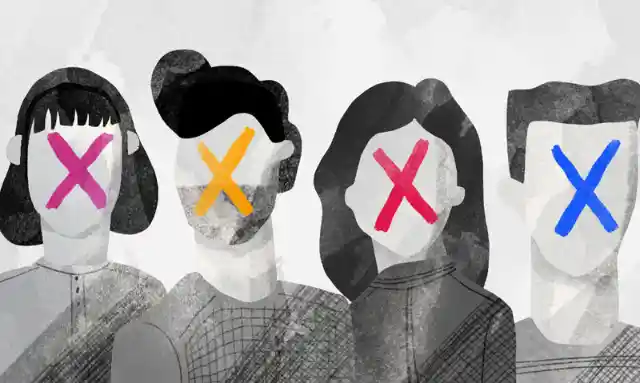

However, one university professor seems to have something to say. According to him, the favorite American dessert is not as innocent as one might think.
What Exactly Is Getting Canceled About?
We’ve been hearing stories about celebrities, brands, or artists getting “canceled” for a while now. The process can be summarized like this: certain public figures make declarations or statements that can be deemed offensive or disrespectful towards certain people.
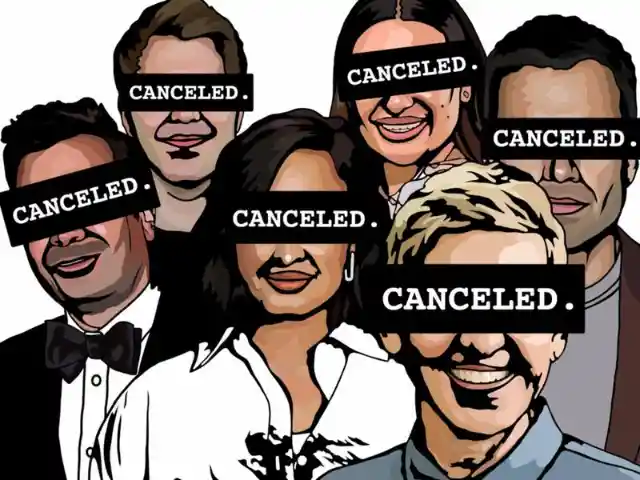
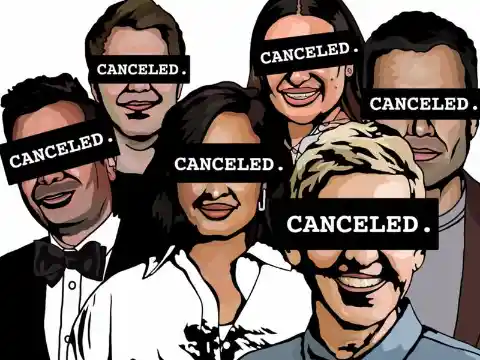
Then, the public decides to withdraw their support from whoever has said the controversial thing in question. Therefore, that person or brand gets “canceled”. Among the list of people who have been canceled are some you wouldn’t believe, like the following:
Even Dr. Seuss
J.K. Rowling, the British author of the Harry Potter books, has been canceled several times for her allegedly transphobic comments. Eminem has also found himself in a similar predicament.
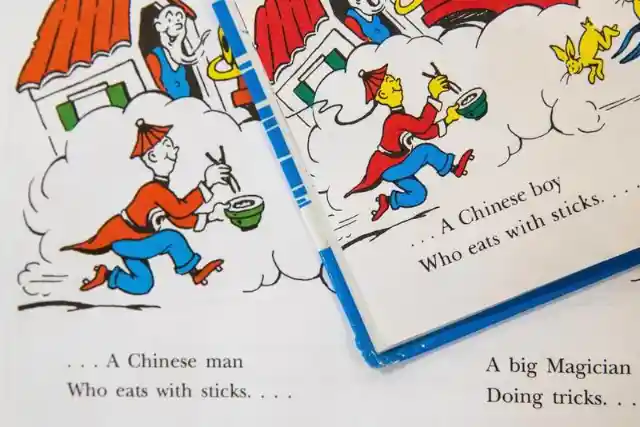
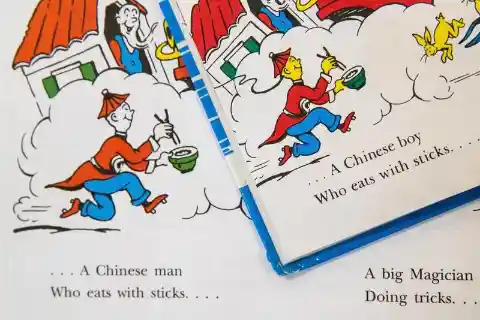
Dr. Seuss has also been canceled, despite having deceased a while ago, due to some parents finding his stories to contain harmful and offensive stereotypes. And that isn’t all.
Disney Movies Too
Even Disney movies like Dumbo or The Aristocats have been canceled by groups of parents. The reasoning is that they contain negative stereotypes about certain races, even though the movies’ protagonists are animals.
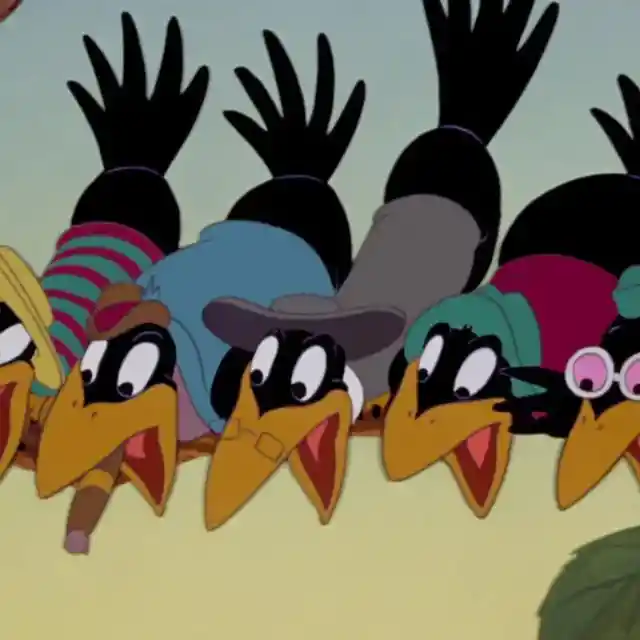
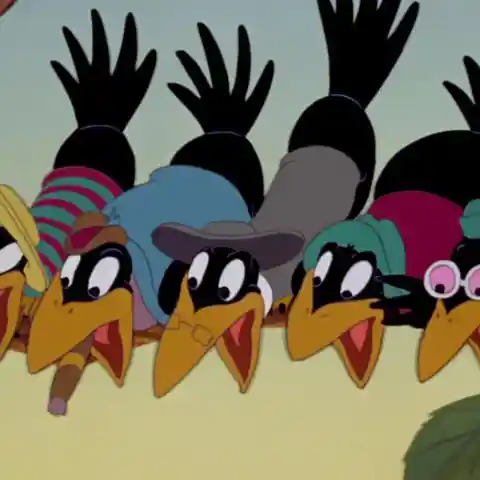
You could have thought that there was nothing offensive to find about a dessert. Who could feel insulted or offended by it? Well, you can think twice. This university professor does, and he has a whole set of arguments for it.
Raj Patel
The author of the case against apple pie is a man named Raj Patel. Patel is an academic, filmmaker, and writer born in London and raised by a Kenyan mother and a Fijian father.


He has been a visiting scholar at Yale University, the University of California, Berkeley, and the University of Texas at Austin. He’s been called “the rock star of social justice writing” and gained himself a reputation for some of his controversial views.
“Apple Pie Isn’t American”
The piece of opinion that has recently made him go viral is his article on the dark origins of apple pie, which was recently published in The Guardian.
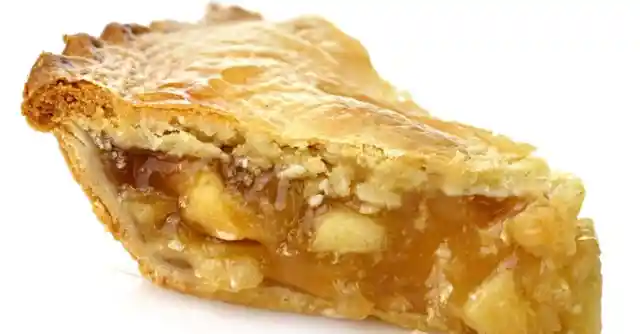

For dozens of paragraphs, Patel goes on and on about how apple pie isn’t really American, has roots in slavery and the genocide of thousands of American indigenous people, and is linked to the infamous Jim Crow laws. But where exactly does he see the link between those things?
How You Like Them Apples
He starts off his article arguing that, despite apple pie being considered an official symbol of American culture, it’s not actually all that American. His argument for that?
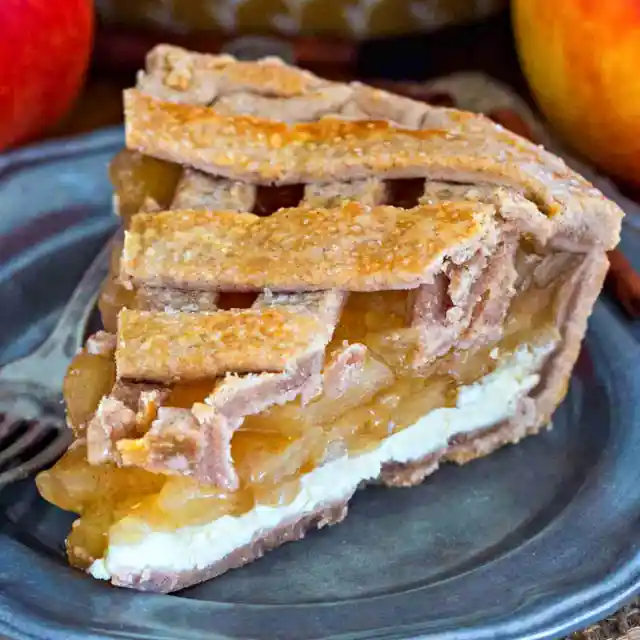

“Not that apples are particularly American,” Patel writes. “Apples were first domesticated in central Asia, making the journey along the Silk Road to the Mediterranean four thousand years ago.” You may think that that’s just a bit of a technicality and not really that important. But there’s more.
Colonialism
Patel seems to imply that, since apples aren’t originally from America, their use in any recipe is inevitably related to some heinous acts that took place while they were first being imported to the Western world.
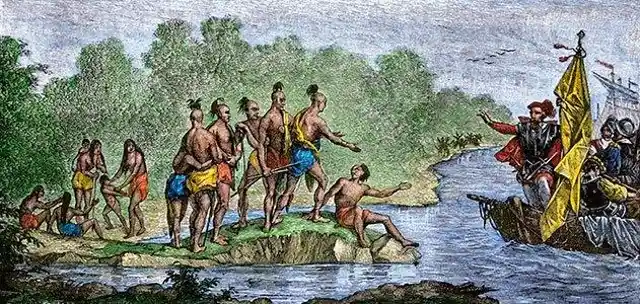
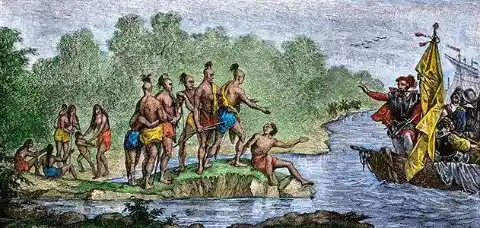
“Apples traveled to the western hemisphere with Spanish colonists in the 1500s in what used to be called the Columbian Exchange, but is now better understood as a vast and ongoing genocide of Indigenous people,” Patel writes. Is that piece of trivia really relevant when discussing apple pie? I don’t know. But it gets better.
The Recipe
“Not that the recipe for apple pie is uniquely American. It’s a variant on an English pumpkin recipe. By the time the English colonized the new world, apple trees had become markers of civilization, which is to say property.”


Does Patel mean that we should thank the British for their recipes, or apologize for taking them? Considering British cuisine, we would probably be the first people ever to do that. But there’s even more. Apparently, American apple trees are inherently bigoted.
Apple Trees
“In Virginia, apple trees were used to demonstrate to the state that land had been improved,” Patel writes in his The Guardian article.
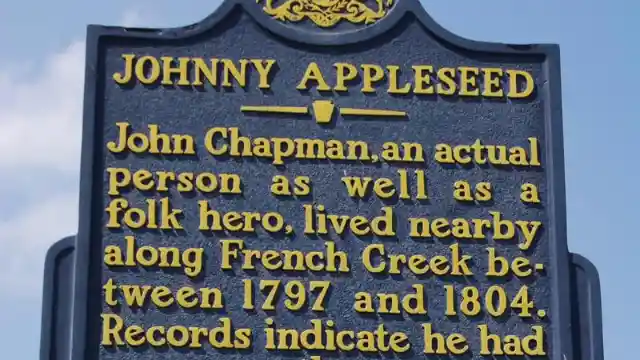

“John Chapman, better known as Johnny Appleseed, took these markers of colonized property to the frontiers of US expansion where his trees stood as symbols that Indigenous communities had been extirpated,” he adds. Again, is this otherwise interesting fact really relevant when we’re talking about a dessert?
Sugar
Patel goes on to say that sugar isn’t American either. “Sugar cane was first brought to the US by Jesuits in 1751, but most US sugar remained an import until the Haitian revolution,” he notes


But that’s not all; not only is sugar not American, but it can also be linked to the international slave trade. This is how Patel draws the connection in his article:
Slave Trade
“French merchants of sugar and slavery landed in Louisiana in the late 1700s. Within 50 years, the US produced a quarter of the world’s sugar cane, and New Orleans had become a concomitant hub of the slave trade.”
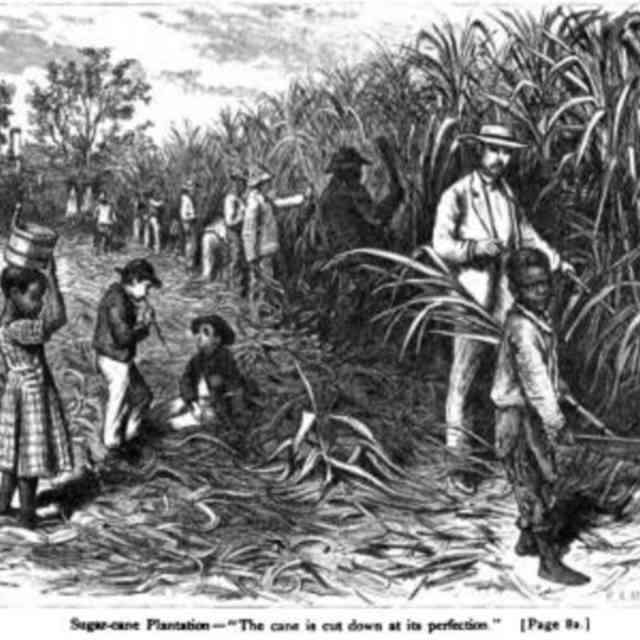
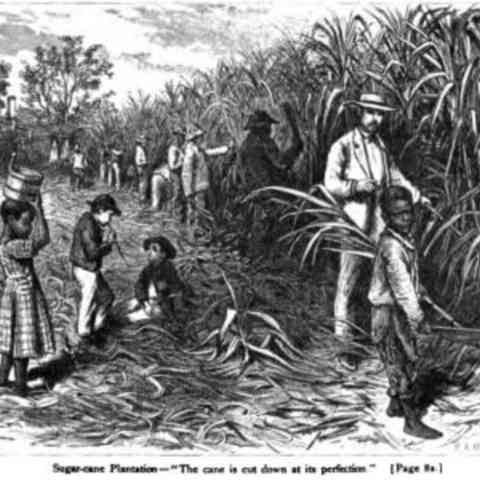
By now, you would think that Patel is almost done. What comes next, flour? Is flour bigoted as well? But at this point, the author surprises us by focusing on something else. Guess what is that?
Gingham
He goes on to analyze “the gingham on which our apple pie rests,” which he claims “originated in south-east Asia, the word deriving from the Malay genggang, a striped cloth that arrived in Europe as Europe colonized Asia.”
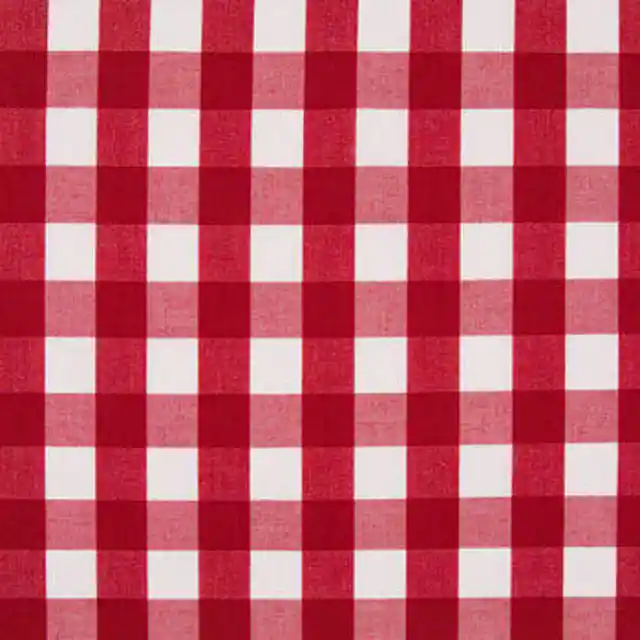
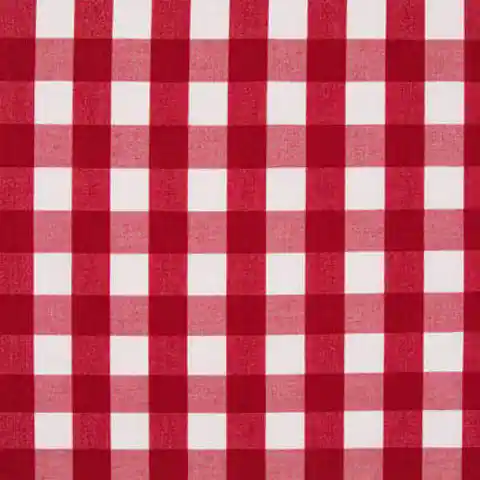
Of course, he then links cotton to slavery. It feels a little forced to bring up cotton when we’re talking about apple pies, but fair enough; Patel probably felt like his article wouldn’t have been complete without that reference. But now, let’s have a drum roll for the article’s final conclusion.
Conclusion
“In the drama of nationalist culture, the bloody and international origins of the apple pie are subject to a collective amnesia,” Patel writes. “The apple pie is as American as stolen land, wealth, and labor. We live its consequences today.”


How do you like them apples? What’s for certain is that Patel’s article hasn’t left anyone indifferent. Here are some of the comments about it on social media.
Public’s Reaction
“According to The Guardian newspaper (London), apple pie is racist too. These people are nuts,” one Twitter user said. “The ‘woke’ #CancelCulture mob seeks to destroy everything that is American and/or good,” another wrote. How do you feel about Patel’s article? Do you think it has some fair points, or does it blow things out of proportion?
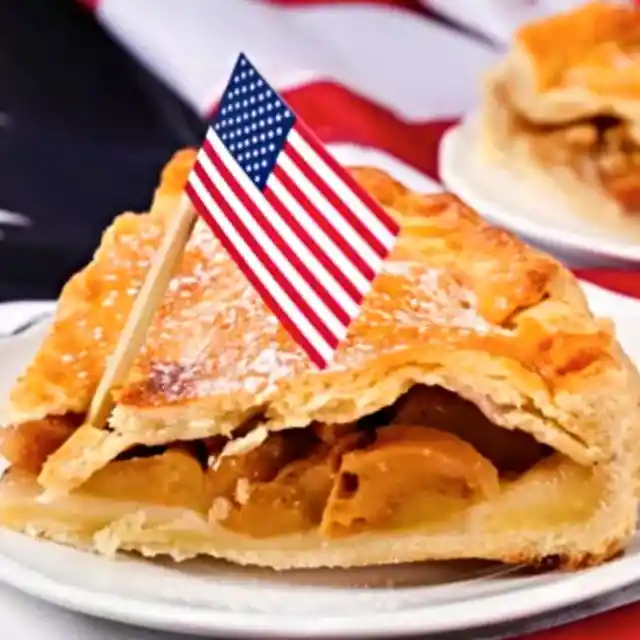

In order to protect the privacy of those depicted, some names, locations, and identifying characteristics have been changed and are products of the author’s imagination. Any resemblances to actual events or places or persons, living or dead, are entirely coincidental.